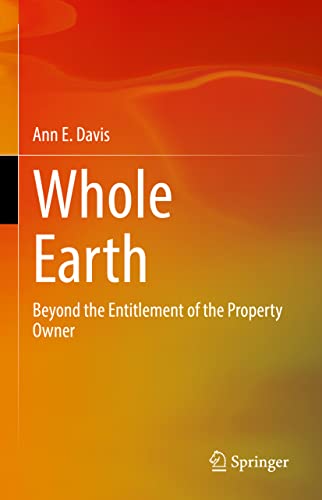

Most ebook files are in PDF format, so you can easily read them using various software such as Foxit Reader or directly on the Google Chrome browser.
Some ebook files are released by publishers in other formats such as .awz, .mobi, .epub, .fb2, etc. You may need to install specific software to read these formats on mobile/PC, such as Calibre.
Please read the tutorial at this link: https://ebookbell.com/faq
We offer FREE conversion to the popular formats you request; however, this may take some time. Therefore, right after payment, please email us, and we will try to provide the service as quickly as possible.
For some exceptional file formats or broken links (if any), please refrain from opening any disputes. Instead, email us first, and we will try to assist within a maximum of 6 hours.
EbookBell Team

5.0
58 reviewsThis book takes a radical approach to ecological economics, proposing a new paradigm based on earth systems science. This book questions the foundation of economics on individual private property, and proposes new forms of relationship to land and to the state. It questions the foundation of economics on the individual, and proposes new forms of regional ecological collectives, integrated at the global level. It critically examines the assumptions of economics and re-envisions it as more integrally related to society and ecology.
The volume integrates insights from a variety of fields, including humanities, natural, and social science, placing human life in the setting of ecology. The chapters invoke a historical institutional methodology to examine the link between economic theories and economic institutions, understanding performativity and applying reflexivity, and the potential for the emergence of new visions and methods. The method draws upon literary studies, linguistic philosophy, as well as long term economic history. Providing an alternative view of the relationship of humans to the earth, this book is appropriate for students and researchers across a variety of disciplines including economics, history, ecology, and philosophy.